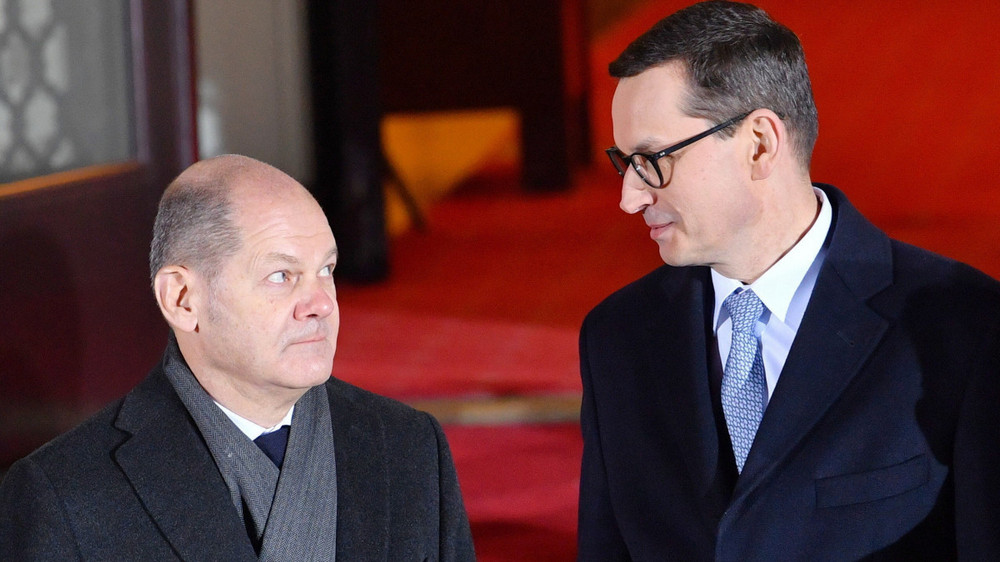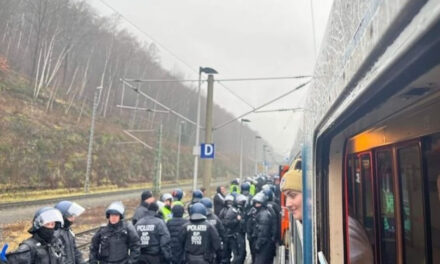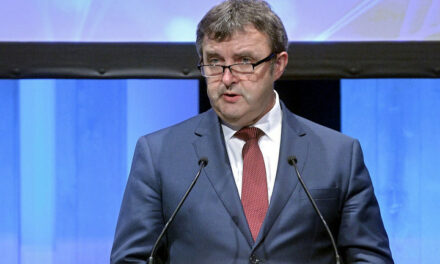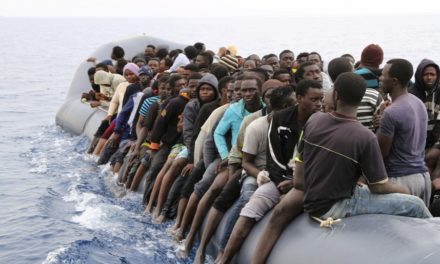Warsaw is also demanding the restoration of the minority status of Poles in Germany in the diplomatic note on World War II reparations, the more detailed content of which was announced on the website of the Polish Ministry of Foreign Affairs on Friday.
Certain items of the list were presented "for the sake of the transparency of the social debate and the correctness of the information presented in the media". The publication of the full text of the document was previously advocated by Polish opposition politicians.
At the beginning of October, Poland sent Germany a diplomatic note on the consequences of the 1939-1945 German aggression and occupation, and their settlement. The exact content of this has not yet been published, because - as emphasized in Friday's announcement - publishing the text would violate the basic principles of diplomacy.
In the Polish parliamentary committee report, which is the main source of the list, the "material and non-material" war damages were estimated at 6.2 trillion zlotys (541.2 trillion forints).
According to Friday's Foreign Affairs announcement, this is exactly the amount demanded from Germany as war reparations in the list. In addition, Warsaw is calling for compensation for the victims of the German occupation and their relatives, as well as a systemic solution to the issue of stolen Polish cultural property and archival materials.
In addition to other previously described items of the diplomatic register, the announcement also elaborates on the issue of the Polish minority in Germany before the Second World War.
The Ministry of Foreign Affairs in Warsaw already announced at the beginning of October: they demand the full rehabilitation of the murdered activists of the Polish minority in Germany before the war, as well as compensation for the losses of the Polish minority organizations in Germany.
According to Friday's announcement, they also called on Berlin to systematically regulate the status of Poles and people of Polish origin living in Germany, demanded the restoration of the national minority status, and raised the issue of mother tongue education for the Polish minority in Germany.
There is currently a Polish community of about 1.5-2 million living in Germany, which does not officially enjoy the status of a minority. The Poles in Germany were stripped of their minority status on the basis of German decrees issued in September 1939, after Hitler's attack on Poland.
Today's Polish community in Germany is trying to revive the tradition of Rodlo, a pre-World War II organization representing the indigenous Polish minority of about 1 million people. Most of Rodlo's leaders were killed in Nazi concentration camps during the war, and many members of the organization were ordered by the Germans to the Eastern Front, from where they never returned.
After 1945, the borders of Poland were pushed west by the great powers: the eastern territories of Germany were annexed to Poland, and more than half of Poland to the Soviet Union. The Polish community in Germany subsequently expanded with the resettlement of Silesian residents with a dual identity, and later with Polish political and economic emigration, and in recent years, new Polish workers have arrived in Germany.
MTI
Cover photo: Polish Prime Minister Mateusz Morawiecki and German Chancellor Olaf Scholz. Photo: MTI/EPA-PAP/Radek Pietruszka













